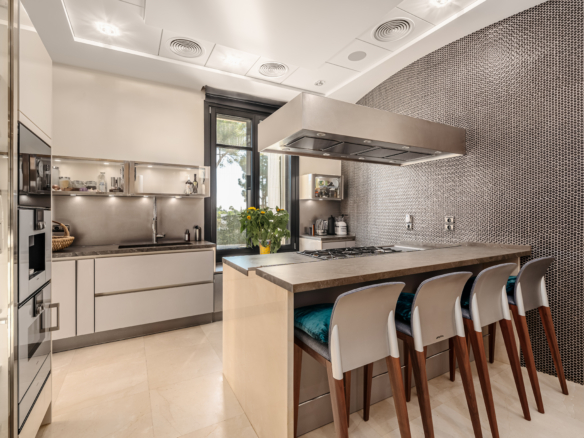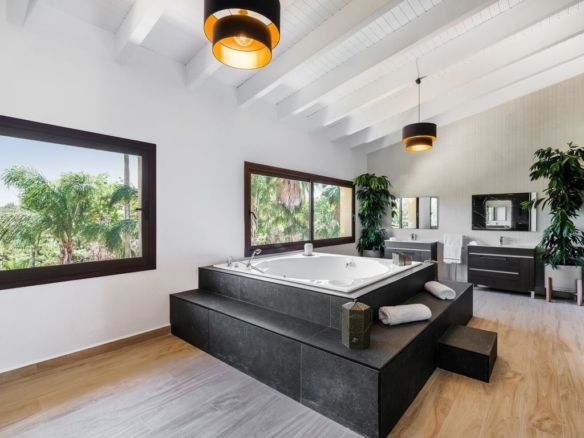Fixed or Tracker Rate? What Buyers Should Consider
When it comes to buying a property in Jersey, one of the biggest decisions, after choosing the right home, is deciding how to structure your mortgage. And lately, one question keeps cropping up:
“Should I fix my rate or go with a tracker?”
We’re not mortgage brokers, and we’re not here to tell you what’s right for you. But we do speak to buyers and sellers every day, and we know this decision can feel overwhelming — especially with the current market feeling a bit uncertain.
Let’s break it down as simply and honestly as possible, without the jargon.
First, What’s the Difference?
A fixed rate means your monthly payments stay the same for a set number of years, usually two, three or five but can go up to ten years or longer.
A tracker rate means your payments track at a margin above the Bank of England base rate, which in turn means your monthly payments go up or down depending on the Bank of England base rate movements. If that rate falls, your monthly payment could drop. If it rises, your payment will too.
It really comes down to one key question:
Do you want certainty, or are you open to some risk for potential reward?
How the Jersey Market Feels Right Now
At Alexander Carmine Estates, we’re seeing the reality on the ground. While properties are still selling, most are going for around 20% under asking and you can read about those trends in our market commentary. Buyers are understandably cautious, and affordability is top of mind.
Many buyers however aren’t just looking at the purchase price; they’re looking closely at their monthly outgoings, job security, and their wiggle room if interest rates rise.
Choosing a Fixed Rate: A Bit Like Setting Cruise Control
For many buyers, especially families or first-time homeowners — fixing your mortgage rate can feel like putting your finances on cruise control. You know what’s going out every month, and you can plan around it.
If you’re someone who likes to budget, or if your disposable income is tight, this peace of mind can be hugely valuable. You don’t need to worry about sudden jumps in your mortgage payment.
But: it may mean missing out if rates fall. And fixed deals can sometimes have fees or penalties if you want to move or pay off early.
Choosing a Tracker: More Freedom, But More Movement
Tracker mortgages can offer more flexibility, and potentially lower payments if interest rates drop. This option might appeal to people with higher disposable income or those planning to move or remortgage in a couple of years.
But it does come with a bit of risk. If rates go up, so do your monthly payments. And that’s really the crux of it:
Can you comfortably afford your payments if they go up by a few hundred pounds a month?
If the answer is yes, a tracker might be worth considering. If the answer is no or if that kind of uncertainty would keep you up at night — a fixed rate could be a better fit.
It’s Not Just About the Rate — It’s About You
There’s no right or wrong here. It’s about what you value most.
- Do you need stability and predictability?
- Can you absorb a rate rise if it happens?
- Are you likely to move, remortgage, or overpay early?
- Are you someone who checks rates daily, or would you rather not think about it?
We would always advise talking to your bank or mortgage broker as you progress on your mortgage journey.
If you would like to receive our Market Updates please do register here
To see our listings please visit our portfolio here
Thinking of Selling? See What Your Property Could Really Achieve — Book a Quick Call to list your home?
Danny




Join The Discussion